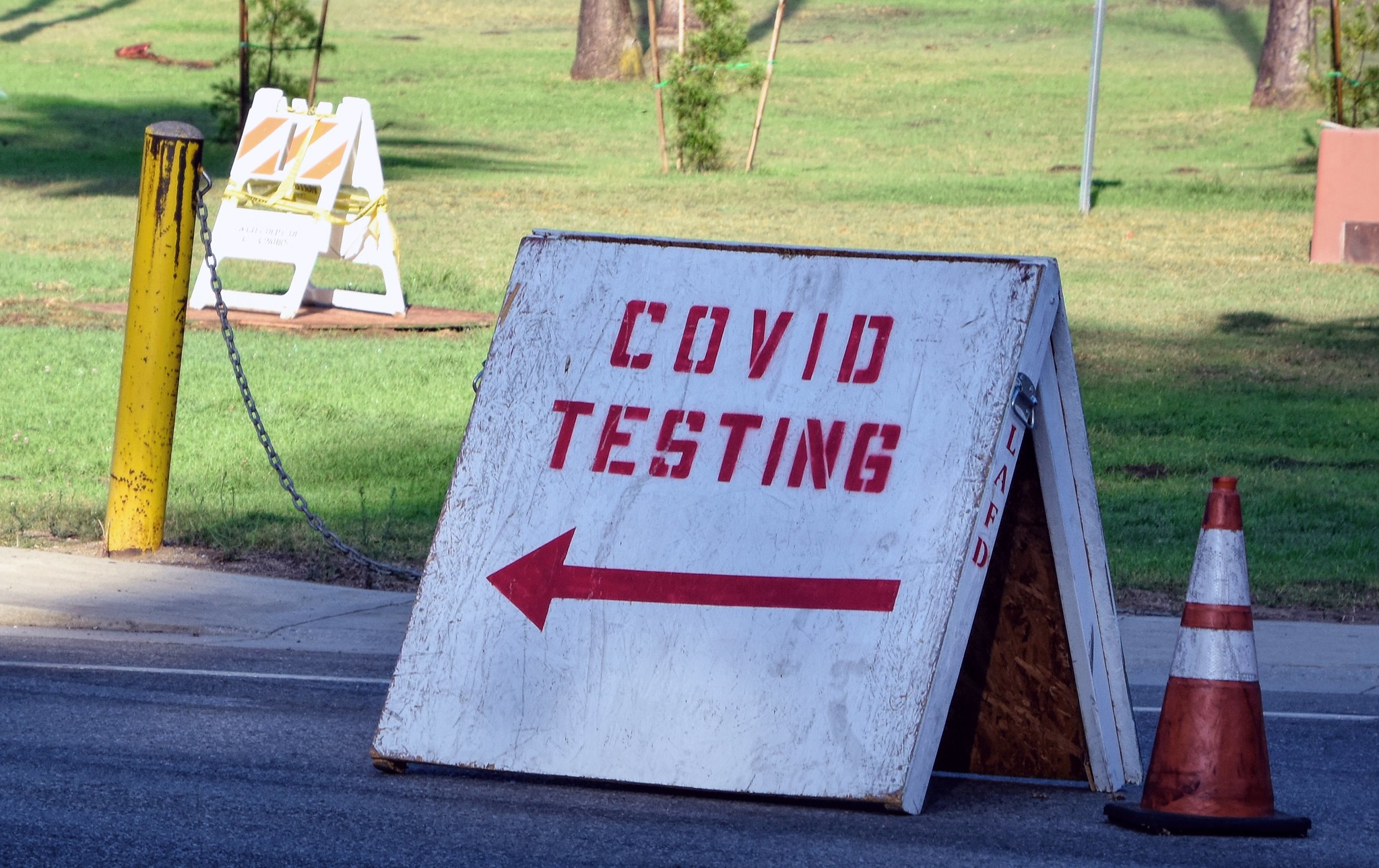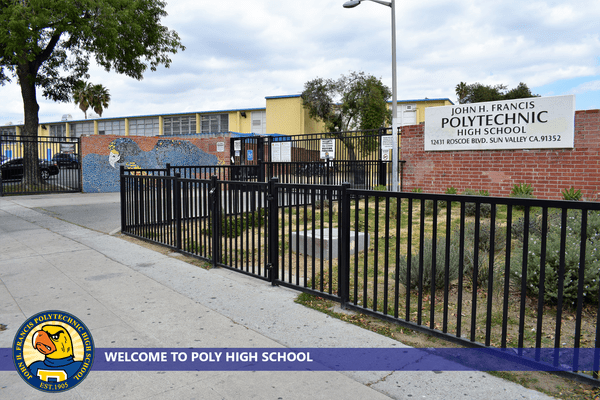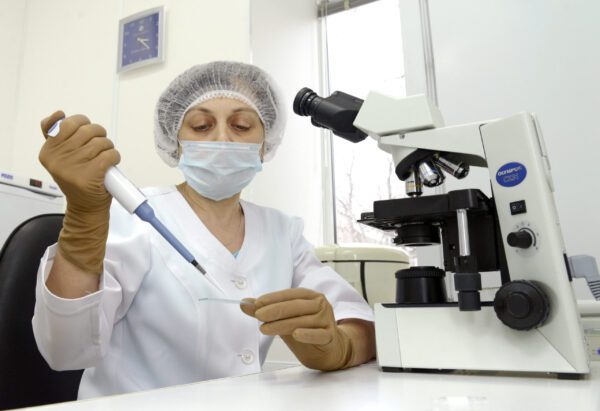A judge has granted a request for a preliminary injunction brought by an association of health plans whose members challenged the constitutionality of a state bill requiring them as well as insurers to pay for workplace COVID-19 testing retroactive to the beginning of the pandemic.
On June 29, Los Angeles Superior Court Judge Mitchell L. Beckloff heard arguments from lawyers representing the petitioner — the California Association of Health Plans — as well as the state Department of Managed Health Care and a third party, America’s Physician Groups, then took the case under submission and ruled Tuesday.
The judge found that the state’s arguments that granting the injunction would negatively impact public health, create financial uncertainty and lessen the availability of coronavirus testing and related services were “unsupported” and “speculative.” A full trial of the issues is still scheduled for Jan. 11.
State Senate Bill 510, signed by Gov. Gavin Newsom on Oct. 8, became effective Jan. 1 and requires health plans and health insurers to reimburse both in-network and out-of-network providers for COVID-19 testing and related services without any cost-sharing, prior authorization or other utilization management requirements.
The March 4, 2020 date for retroactive payments refers to when Newsom declared a state of emergency for COVID-19.
SB 510 requires insurers to pay for COVID-19 testing of workers in a workplace setting even if they are asymptomatic and have no known exposure. The CAHP challenged SB 510’s retroactivity requirement as unconstitutional.
The CAHP is a trade association representing 45 full-service plans that provide healthcare coverage to more than 26 million Californians through the individual and group markets. Their petition was brought Nov. 10 against Attorney General Rob Bonta as well as Mary Watanabe, director of the DMHC.
The CAHP’s challenge was limited to the retroactive application of SB 510 prior to Jan. 1 of this year, a point that was reinforced in Beckloff’s ruling.
CAHP attorneys previously asked for a temporary restraining order, arguing that to have a chance at even partial compliance, health plans would have to immediately begin to process claims, costing them hundreds of hours and millions of dollars in unrecoverable costs. But Beckloff denied the TRO request on May 4.
The judge ruled earlier this month that America’s Physician Group could participate in the litigation until the conclusion. APG maintains its members’ rights could be affected by the outcome of the case.
APG filed its motion to intervene in the litigation on April 20. The group’s lawyers stated in their court papers that the CAHP petition “threatens APG members with significant and non-recompensed financial losses, such as nonpayment of past COVID-19 testing services and demands for the return of payments previously made for such testing services.”
“Based on the failure of (the state) and APG to identify and provide evidence of any harm they will suffer based on a delay in further payment to health care providers for services provided in 2020 and 2021 — or how the public will be harmed — the court finds the balance of harm tips in favor of (the CAHP),” Beckloff wrote.
APG represents about 180 California-based member providers, all of whom have a financial stake in the outcome of the CAHP litigation and whose interests cannot be fully protected by the Attorney General’s Office, the APG lawyers argued in their court papers.







